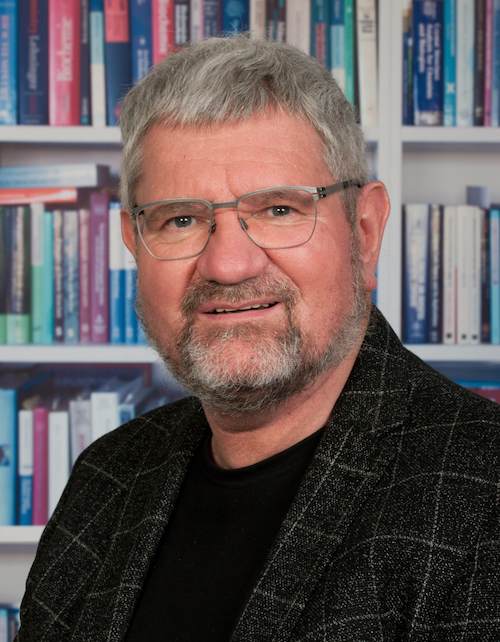One of the signature achievements of John Meurig Thomas was the recognition that performance catalysis need to studied under conditions what was then called “in-situ“. The compelling argument was that we know from post-mortem studies that catalyst do change in the reactor under working conditions.
Meanwhile it is evident that the nature of performing catalytic materials depends critically on the local chemical potential of the reagents surrounding them. Consequently, it is not sufficient to study catalysts under some reactive conditions as improvement over studies under inert conditions but is critical to relate spectro-microscopic observations to the performance of the system. Such studies are termed “operando”, modifying the initial definition that studies need to be performed under identical kinetic conditions as in a technical reactor which is practically not possible.
The presentation indicates the consequences that the introduction of dynamic concept of catalysis has for our understanding of the nature of active sites. A novel design concept for performing catalysts that lift the difference between model and “real” catalytic materials is presented. The supporting role of digital catalysis being much more than the application of quantum chemical theory on catalytic processes is exemplified.
Watch a recording of the presentation below:
Biography

Robert Schlögl is Director at the Fritz Haber Institute of the Max Planck Society in Berlin as well as Founding Director at the Max Planck Institute for Chemical Energy Conversion in Mülheim a.d. Ruhr.
Robert Schlögl’s research focuses primarily on the investigation of heterogeneous catalysts, with the aim to combine scientific with technical applicability as well as on the development of nanochemically-optimized materials for energy storage. The application of knowledge-based heterogeneous catalysis for large-scale chemical energy conversion summarizes his current research focus.
He is Vice-President of the National Academy Leopoldina as well as an Honorary Professor at Technical University Berlin, at Humboldt University Berlin, at University Duisburg-Essen, at Ruhr University Bochum as well as a Distinguished Affiliated Professor at TU Munich and an Honorary Professor of Boreskov Institute of Catalysis. He is member at acatech and BBAW and other numerous international organizations, received numerous national and international awards as well as is partner in numerous European and international joint projects.
He is Author/co-author of more than 1200 publications, more than 550 presentations and invited talks as well as inventor of more than 20 patent families.




